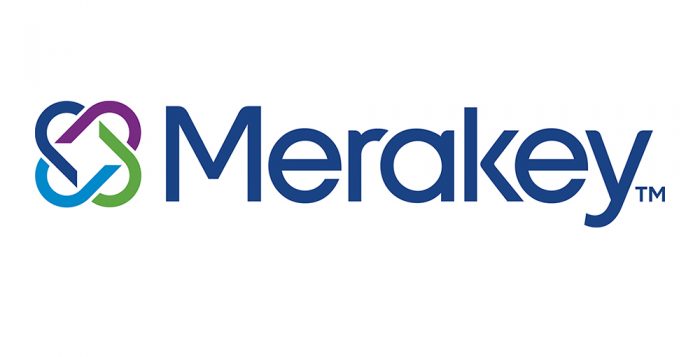On November 13, 2025, President Trump signed the executive order “Fostering the Future for American Children and Families,” an initiative to be led by the Office of the First Lady. The order is aimed at supporting children transitioning out of foster care into adulthood by modernizing the out-of-date child welfare system.
The Secretary of Health and Human Services must take the appropriate actions for the following within the next 180 days:
- Update regulations, policies, and practices to improve data collection;
- Promote modernization of child welfare information systems;
- Expand States’ use of technological solutions; and
- Publish an annual scorecard to measure and evaluate State-level achievement.
The HHS Secretary, in coordination with the First Lady and heads of other applicable offices, are to establish a “Fostering the Future” initiative to develop partnerships with agencies, private sector organizations, academic institutions, and non-profit entities to aid in the transition out of the foster care system. The order also calls for the development of an online platform to assist in the navigation of the transition, and an increase in the role of Education and Training Vouchers and educational scholarships. This initiative will be funded by the reallocation of funds returned by the States from Federal programs designed to assist in the transition out of foster care, but further details have not been clarified.
The final section of the Executive Order outlines the role of HHS in coordination with the Director of the White House Office of Faith and the White House Office of Intergovernmental Affairs, to:
“(a) take appropriate action to address State and local policies and practices that inappropriately prohibit participation in federally-funded child-welfare programs by qualified individuals or organizations based upon their sincerely held religious beliefs or moral convictions; and (b) take appropriate actions to increase partnerships between agencies and faith-based organizations and houses of worship to serve families whose children have been placed in foster care or are at risk of being placed in foster care.”
This order explicitly encourages partnerships with faith-based organizations and removes barriers for faith-motivated foster/adoptive families. While faith-based groups currently play a significant role in the foster care system, this order increases ethical tensions regarding what safeguards exist to protect foster youth who come from non-religious or different religious/cultural backgrounds from pressure to conform.
Further concerns with this order lay with language regarding “biological truths.” This term implies that LGBTQIA+, non-binary, or gender non-conforming individuals somehow conflict with science and is used to delegitimize trans and nonbinary identities. There is concern that partnerships with faith-based and other community organizations may not align with youth’s identities, especially older youth in the LGBTQIA+ community. Further guidance will be needed to ensure that any partnerships with faith-based organizations must be voluntary and respectful of each youth’s identity.
Additional concerns arise regarding equity of family selection and pairing/matching systems. Preferential selection of faith-based foster/adoptive families may lead to “religious filtering.” Potential foster/adoptive parents may be selected not on their capacity to care or their qualifications, but on religious affiliation or ideological alignment — which could lead to unfair exclusion of qualified non-religious or differently religious households. Upcoming policy changes could undermine equity and non-discrimination in the foster care system.
RCPA will keep abreast of developments on this issue and further guidance for agencies and individuals involved in the foster care system.
Please contact Emma Sharp with any questions.



























